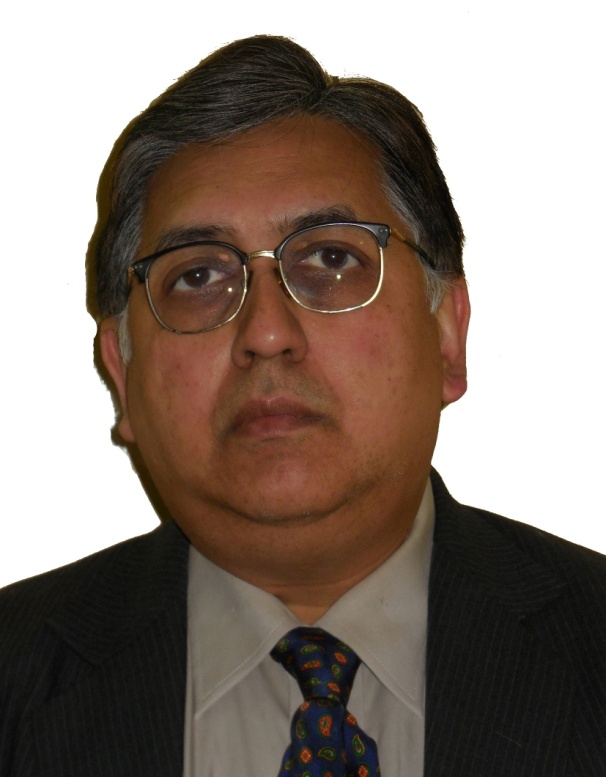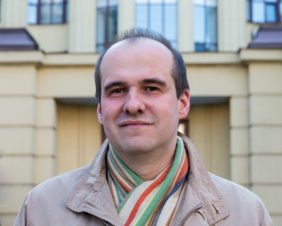Tathagata Chatterji is a professor of Urban Management and Governance at Xavier University Bhubaneswar, India and has 30 years of industry cum academic experience in the urban development sector. His research and teaching interest focuses on urban economic development and livelihood, urban policies and institutions, role of cities in climate change leadership, planning and governance theories. He was a member of the habitat Sector sub-committee of the national panel on Technology Needs Assessment for Climate Change.
Tathagata has written extensively on contemporary urban issues and challenges in emerging economies. He published two books – ‘Local Mediation of Global Forces in Transformation of the Urban Fringe’ and ‘Citadels of Glass – India’s New Suburban Landscape’; several peer-reviewed research papers. He received the Gerd Albers Award for best journal publication of the year from the ISOCARP in 2016.
Fedor Kudryavtsev is an architect, managing partner of ArchNOVA Lab, private laboratory of urban research and projects, and associate professor of Moscow Institute of Architecture (MARHI).
Focus of his current work are studies on the emerging phenomenon of spatial development and solutions for challenging tasks based on new knowledge gained. His team is working both in Russia and internationally, current projects include comparative study of BRICS largest agglomerations, model of mass housing renovation in Moscow, research on Soviet planning legacy in China in collaboration with Tongji University, development of methods to rehabilitate urban areas with a higher level of criminal activities in Russian cities, city self-organization models based on information exchange.
Current work consists of applied and theoretical studies Fedor has been leading as a Head of the Laboratory of Urban Studies of MARHI in 2006-2016. Many of them directly concern problems of big cities. Conceptual schemes for Moscow (2009) and Saint-Petersburg (2016) agglomerations, a comparative study on Moscow and Beijing urban dynamics and spatial self-organization (grant of RFBR, 2013-14) are just some examples. In 2011 a Honorary Diploma of the Ministry of Science and Education of Russia was an award for his work.
Intensive teaching in MARHI since 1996, international workshops and 50 publications allowed Fedor to share widely new experience and knowledge. He is also a reviewer of CITIES, Landscape and Urban Planning, Habitat International magazines.

